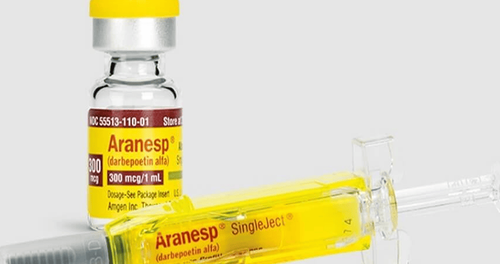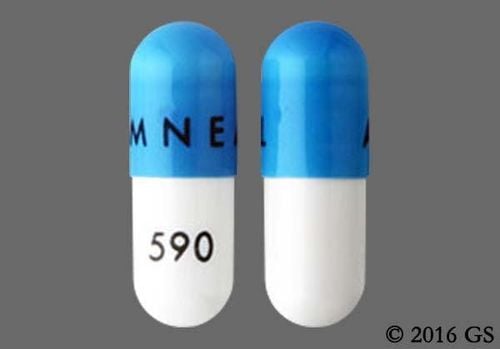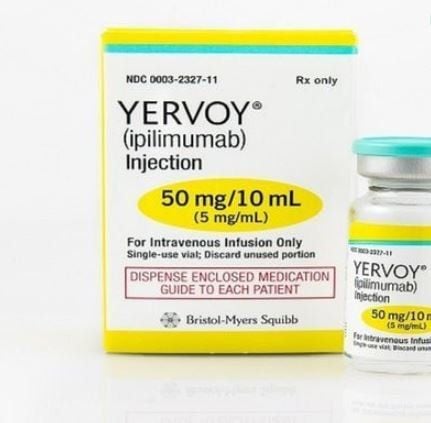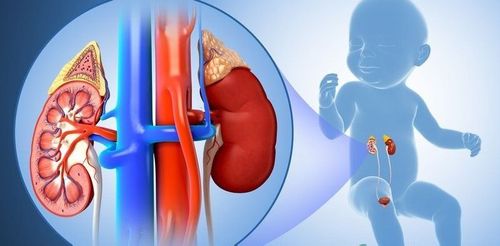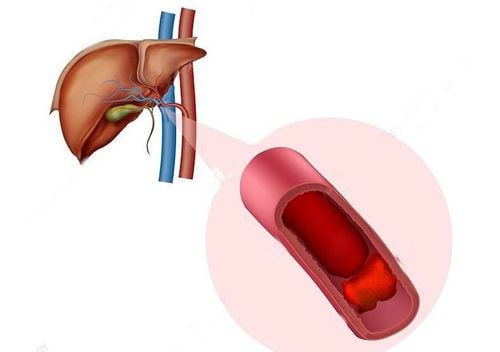This is an automatically translated article.
Renal cyst disease occurs when one of the kidney units is blocked, causing urine to stagnate, unable to drain out. Secondary renal cysts are usually quite simple, round, well-demarcated with soft walls. They may appear as solitary or multiple cysts.
1. Kidneys and kidney function
The kidneys are the main excretory organs in the urinary system, located close to the back wall of the abdomen, symmetrically across the spine. A normal person will have 2 kidneys located on 2 sides.
Kidneys play an extremely important role in the body as follows:
Filters blood and wastes. Regulate blood volume. Urine excretion. In addition, the kidney also has the function of neutralizing soluble substances in the blood, the pH of the extracellular fluid, regulating the concentration of ions in the blood, participating in the metabolism of vitamin D, and supporting ion control. calcium in the blood.
2. Formation and classification of secondary renal cysts
The kidneys are made up of many kidney units, each unit is responsible for filtering, reabsorption and excretion of urine into a common reservoir called the renal pelvis. From this renal pelvis, urine will flow through the ureter to into the bladder and excreted. When a kidney unit is blocked due to various causes such as inflammation, stones or fibrosis... the urine will stagnate, forming a water-filled sac called cystic disease. Currently, secondary renal cysts are detected. They are divided into 2 types:Simple kidney cysts Single renal cysts are often discovered incidentally when a patient has an indication for imaging, they are often distinguished from other cystic kidney disease disorders and renal tumors. . For example, kidney cancer is often irregular or divided into multiple compartments with complex features, irregular walls, appearance of septum and areas of unclear or calcified boundaries. not yet known. The disease is also less clinically apparent and sometimes secondary cysts are the cause of hematuria or cyst infection, although very rarely.
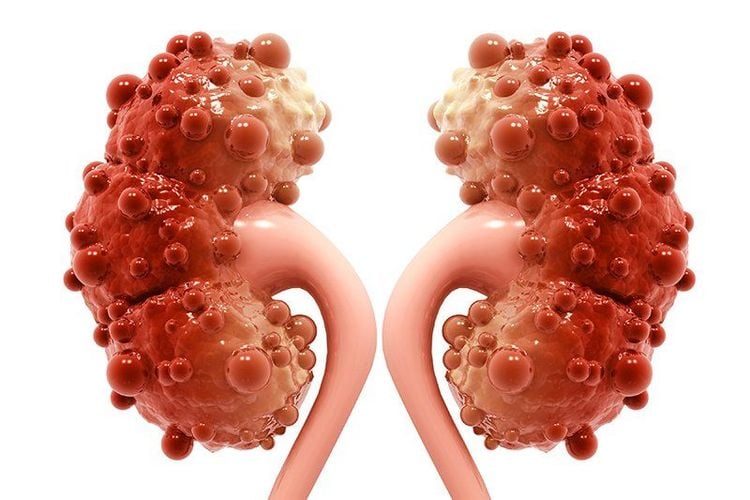
Nang thận thứ phát sẽ dẫn đến nguy cơ cao bị ung thư thận.
Polycystic kidney disease Polycystic kidney disease is most common in patients with chronic kidney disease, especially those who have been on dialysis for many years. The longer the duration of hemodialysis, the greater the risk of polycystic kidney disease.
The cause is currently unknown, but according to research, these cysts appear to be due to compensatory increase of the remaining functional nephrons.
According to research, more than 50-80% of patients during hemodialysis cycle more than 10 years will develop secondary cystic kidney disease. The diagnostic criteria are usually 4 or more renal cysts in each kidney, which can be easily detected by ultrasound or CT scan.
This disease can often be distinguished from autosomal dominant polycystic kidney disease when the patient has a familial history of the disease, and the kidneys are small or normal in size.
Secondary polycystic kidney usually does not cause obvious symptoms, but occasionally patients present with hematuria, bleeding in the kidney or perirenal area, infection, and low back pain.
When secondary renal cysts appear, the patient will have a higher risk of renal cell carcinoma than the general population, it is not known whether these cysts will become malignant or not. For this reason, patients with secondary renal cysts need to be screened for cancer twice a year through ultrasound or CT scan.
At Vinmec International General Hospital, there is a package of urological examination and screening to help customers detect diseases early and have effective treatment and prevent dangerous complications. When choosing the urological examination and screening package at Vinmec, customers will receive:
Specialized urological examination. Urinary system ultrasound. Quantification of total PSA. Quantification of free PSA. Urine culture. To help detect possible urinary tract diseases early. Especially prostate diseases (benign prostatic hypertrophy, prostate cancer) and urinary stone diseases.... thereby helping customers to take preventive measures.
Please dial HOTLINE for more information or register for an appointment HERE. Download MyVinmec app to make appointments faster and to manage your bookings easily.




